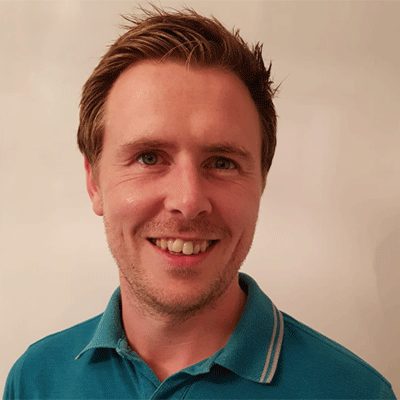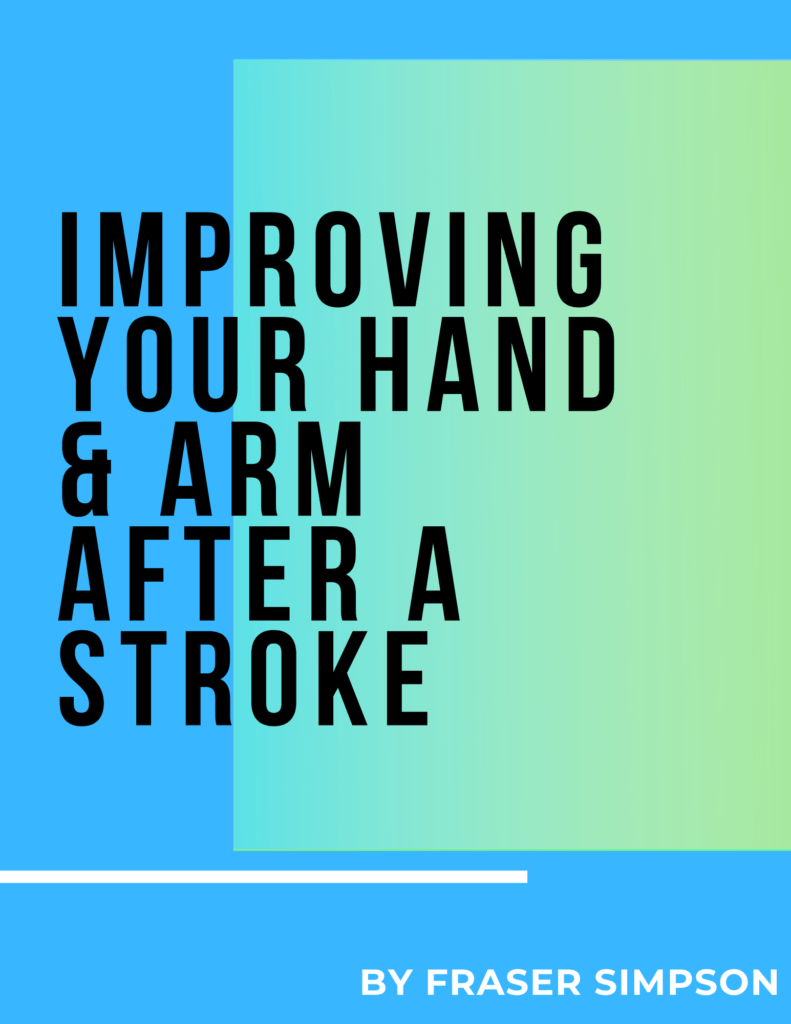Did you know that up to 84% of stroke survivors suffer from shoulder and/or arm pain after their stroke and that the shoulder is the most common source of pain in stroke survivors.
Why is this?
I am sure you are aware that your shoulder, arm and hand are pretty complex pieces of kit with a number of joints and a lot of muscles and moving parts. This means that when you have had a stroke, even mild weaknesses in muscles of your shoulder and arm can have quite a big impact on how you are able to control movement and get your hand doing what it needs to do.
The resultant imbalance of muscles or more severe muscle weaknesses can lead to shoulder and arm pain for a number of different reasons. The pain can start within 72 hours after your stroke, or you may develop pain weeks, months or even years after your stroke.
The most common myths I hear people being told about shoulder pain after a stroke are
- ‘it’s because of your stroke, so you just have to live with it’ and
- ‘nothing can be done to help it
Can I do anything about my painful shoulder and arm?
I want to let you know that, for many people, you absolutely can make improvements in your pain and your ability to use your hand and arm after your stroke. My Team of Neurophysiotherapists and I specialisie in helping Stroke Survivors improve, reduce or eliminate your post stroke shoulder pain, while helping you make meaningful recovery and improve your quality of life after your stroke.
For more information about post stroke shoulder and arm pain visit
www.simpsonphysio.co.uk and request our FREE e-Book
Shoulder Pain After a Stroke: Causes and Treatments
If you or your loved one already know that you need help from Stroke Rehab Specialists and want to get booked in, simply CALL us Now on 0141 530 2092
Kind regards,
J Fraser Simpson MSc
Neurophysiotherapist
Owner and Founder of Simpson Physiotherapy Ltd.



